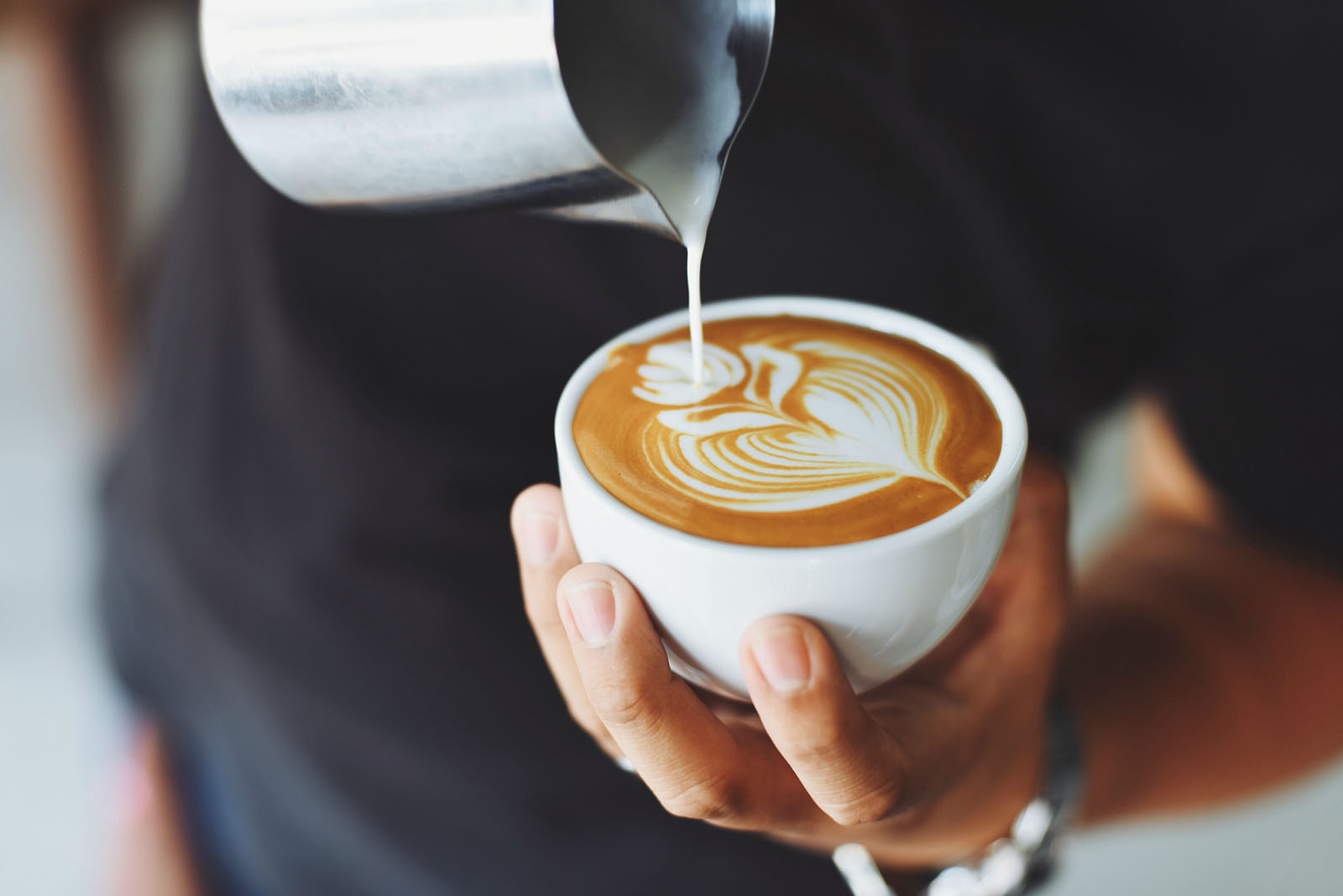Managing Caffeine for Better Sleep

Whether you are someone who honestly feels they cannot fully function prior to their first cup of coffee, or you are someone who just enjoys a coffee each day, you may not know how it actually affects you. While there is a long list of benefits that many enjoy from daily doses of caffeine (typically in the form of coffee), there are some less favorable side effects, namely, disrupted sleep.
Our brains control our sleep-wake cycle by creating an array of chemicals that tell us it is time to sleep. As a stimulant, caffeine actually interrupts some of those processes. As an example, caffeine is similar to adenosine, which is a compound key to a healthy sleep-wake cycle. Because of its similarities, it can bind to receptors in the brain, effectively making it impossible for us to feel drowsy.
It might also cause our body to produce more adrenaline, which is stimulating and leads to alertness.
Caffeine’s Impact on Sleep
How caffeine affects our sleep is profound. Consider that one expert wrote that “consuming caffeine six hours before bedtime reduced total sleep time by 1 hour.” Even more disturbing is how it affects the ability to stay asleep. It can alter what another expert described as our “sleep architecture, the overall nightly distribution of sleep among the four different sleep stages.” What that means is simple, it can actually stop you from spending enough time in deep sleep, which is the period of sleep that is the most physically and mentally rejuvenating.
That makes it important for you to know how to help yourself avoid the most detrimental outcomes of caffeine consumption. Fortunately, a lot of attention has been focused on this matter, and these are the most effective steps:
- Limit your caffeine consumption to mornings.
- Barring that, try to cut off caffeine by 2 PM at the very latest.
- Consider tea, which has more caffeine in its dried leaves but a much lower caffeine content per serving (around 25 to 48 mg of caffeine in an 8-ounce cup to coffee’s 95-165mg).
- Reduce caffeine’s impact on sleep by limiting consumption to less than 300 mg daily.
- Try switching to dark roasts as they have less caffeine, and consider hot cocoa (instant powders) as they have only 4 mg of caffeine per serving.
Sleep is vital to health and well-being, and optimal sleep is a gift you can give yourself by understanding how caffeine affects your sleep and taking steps to alleviate the worst issues.